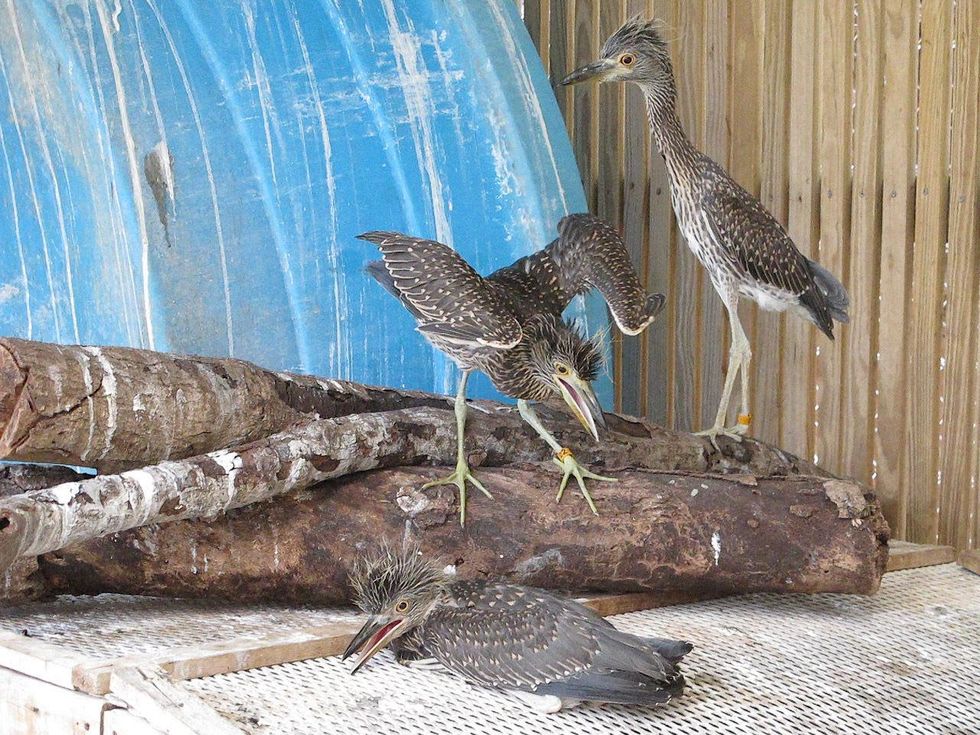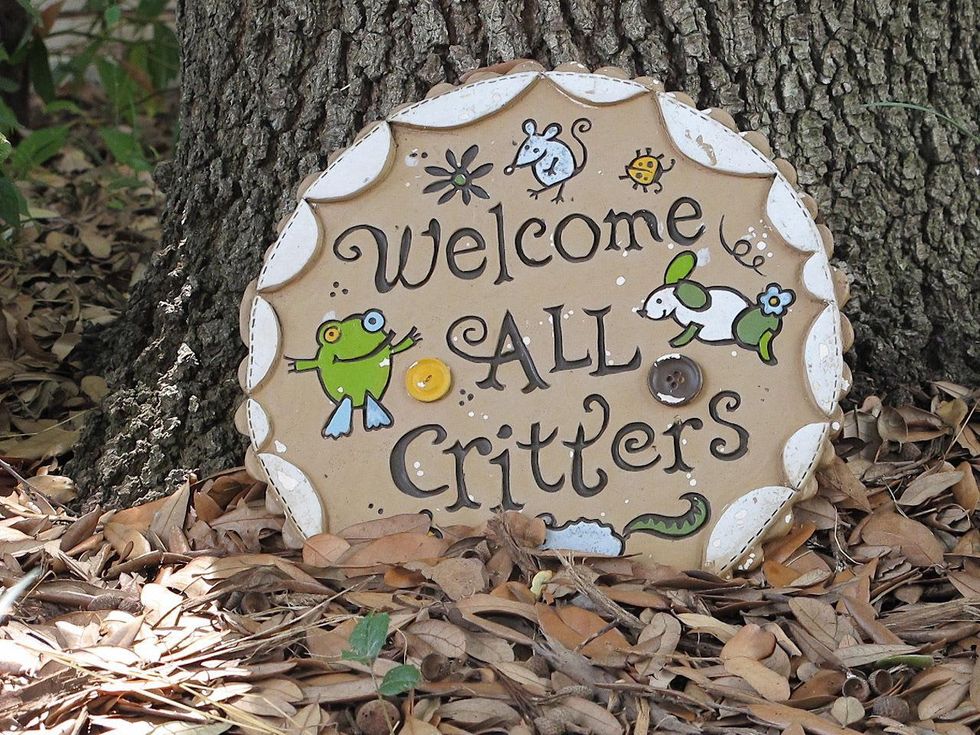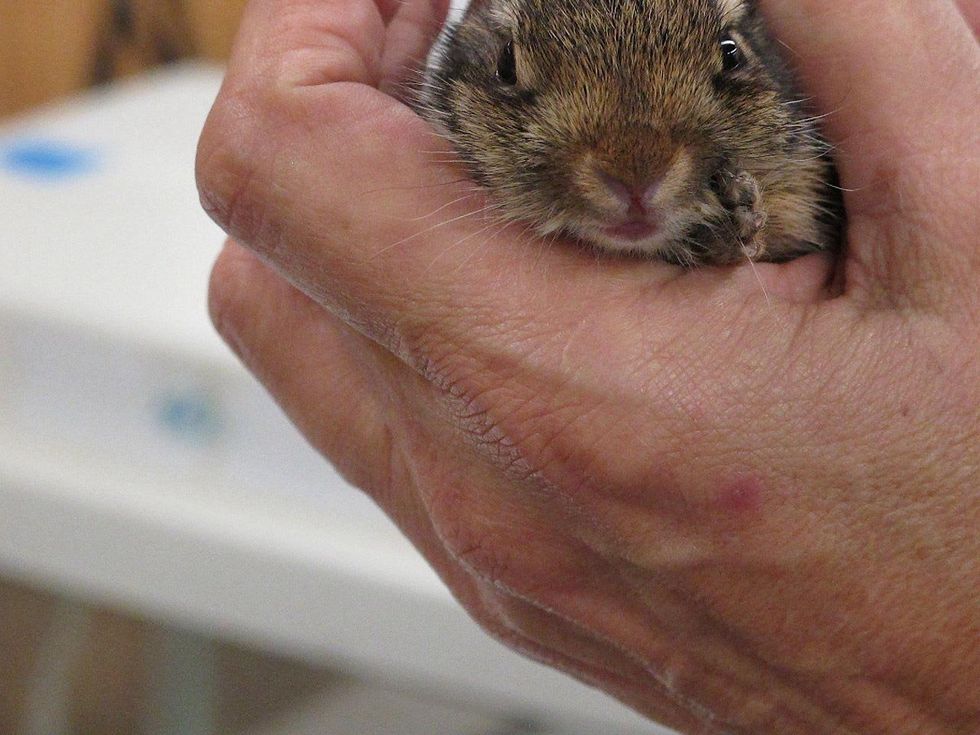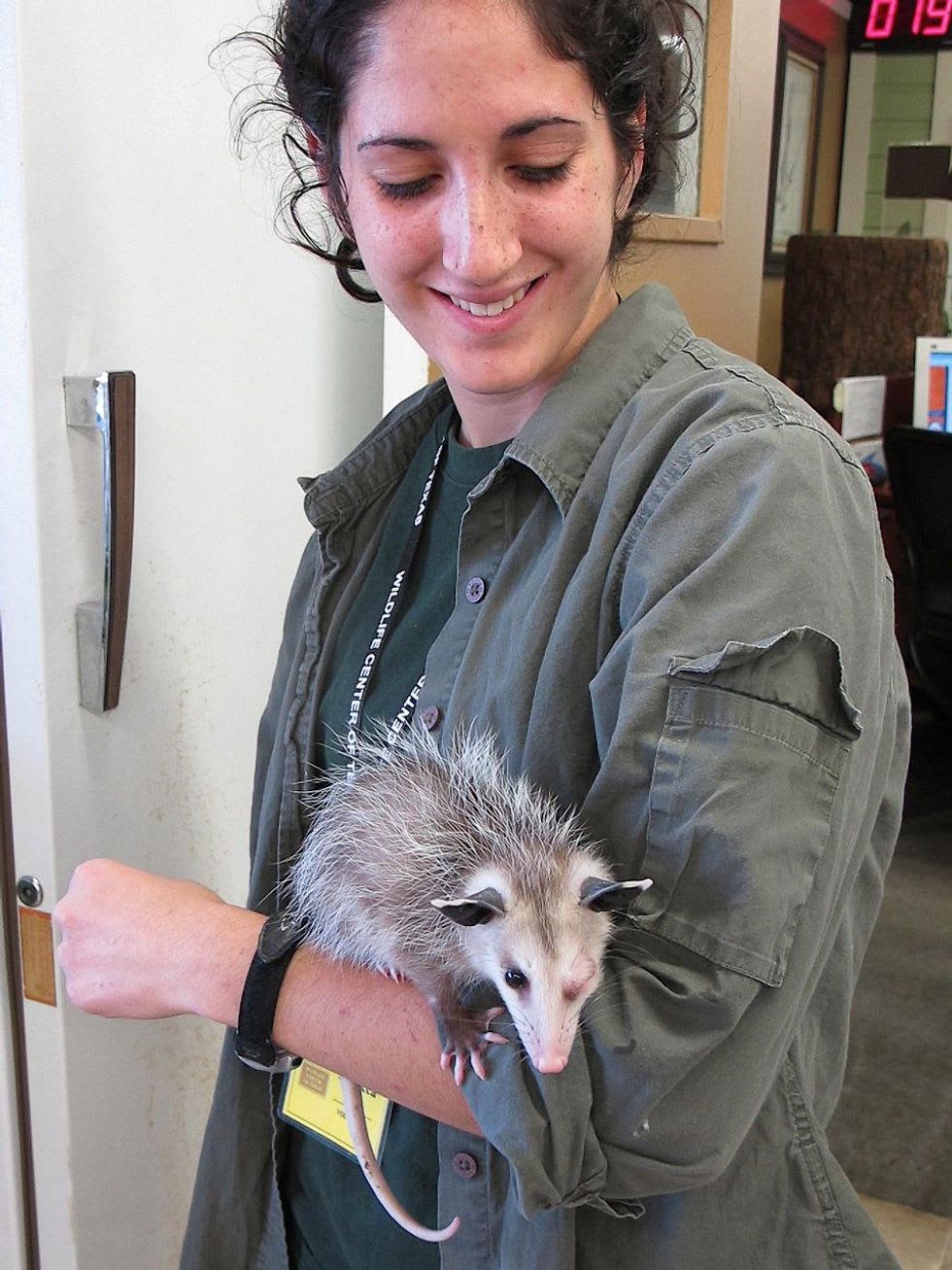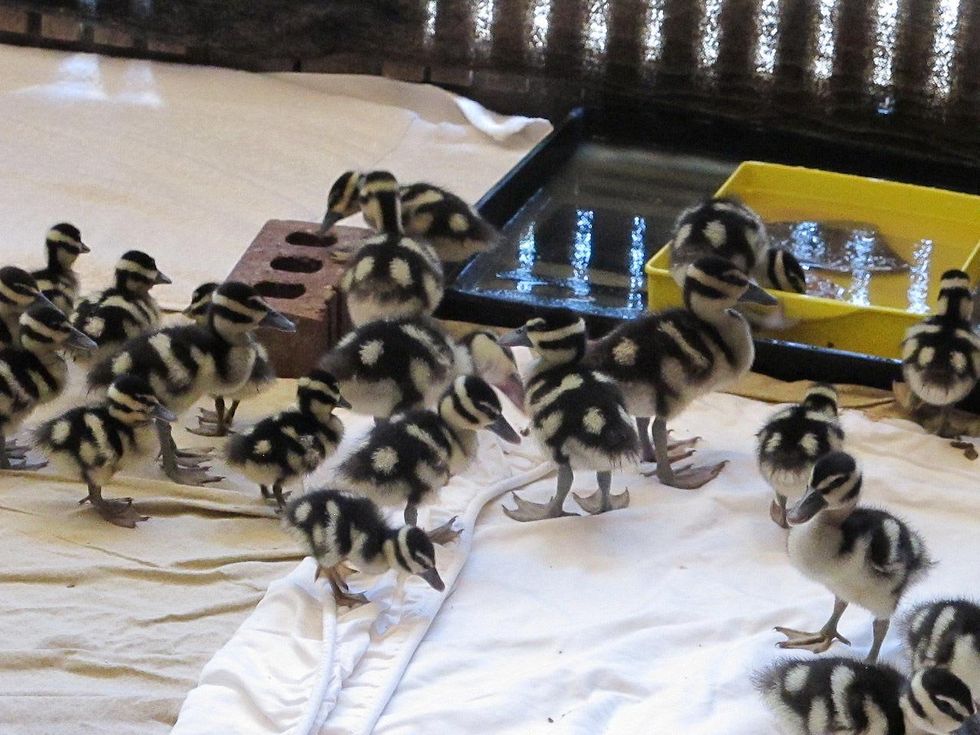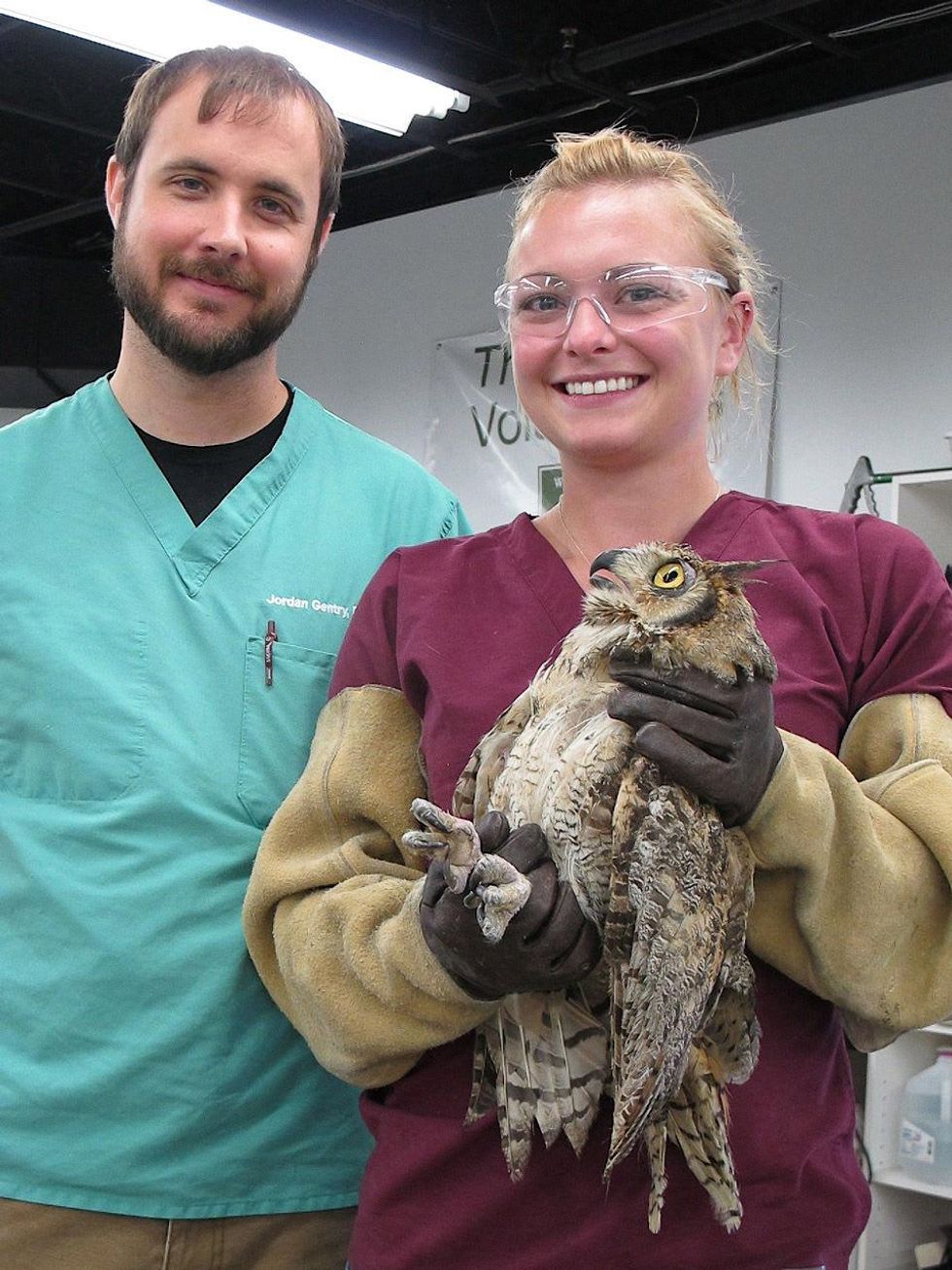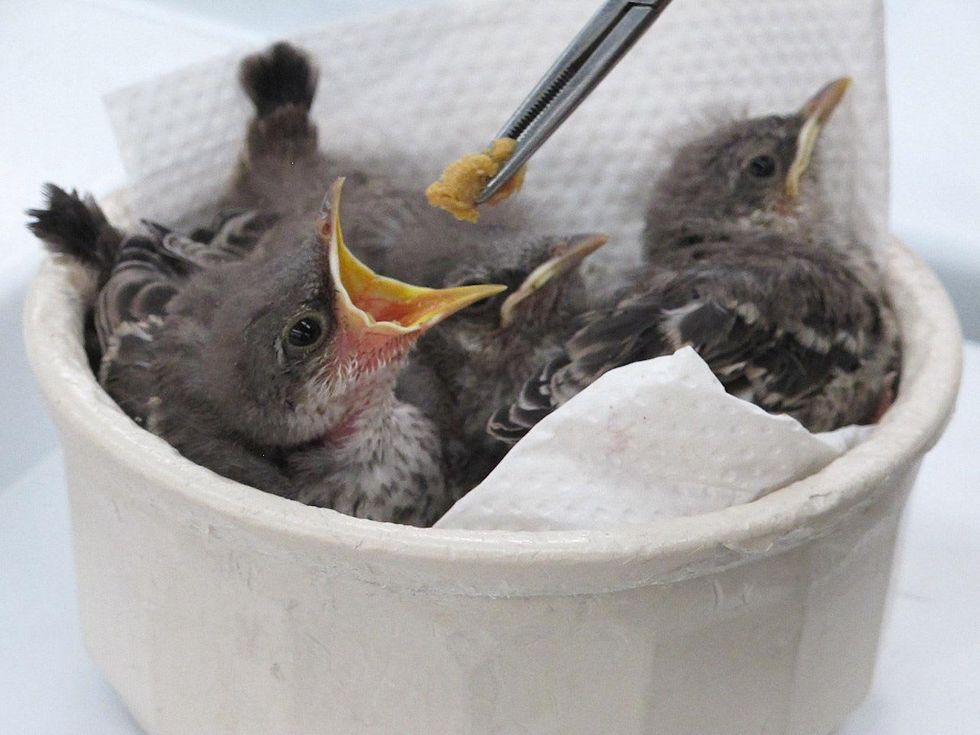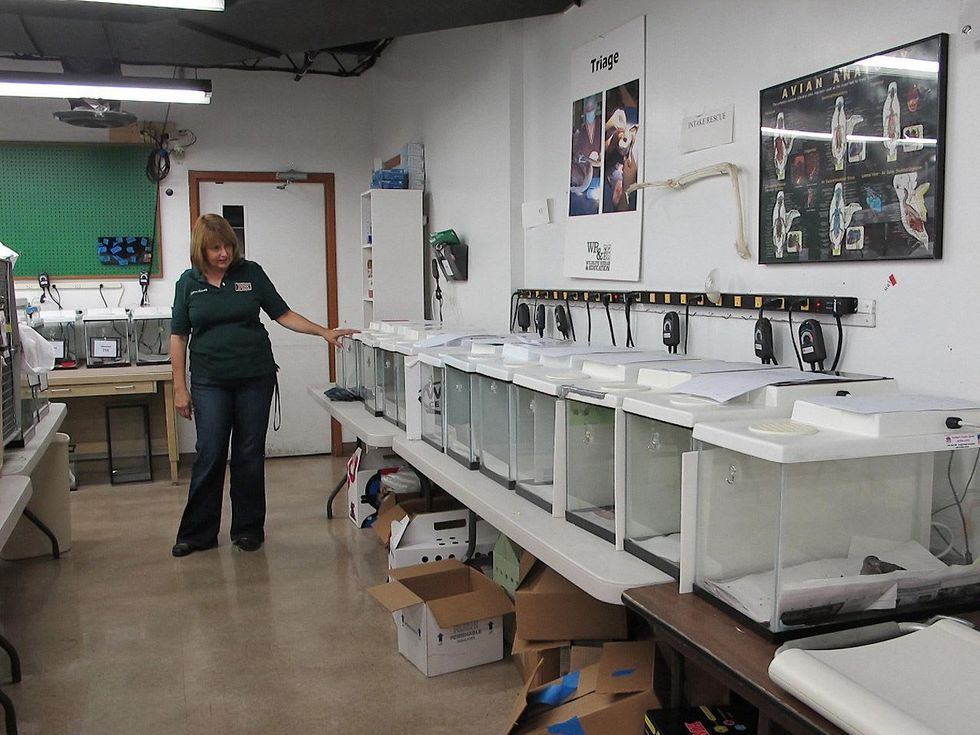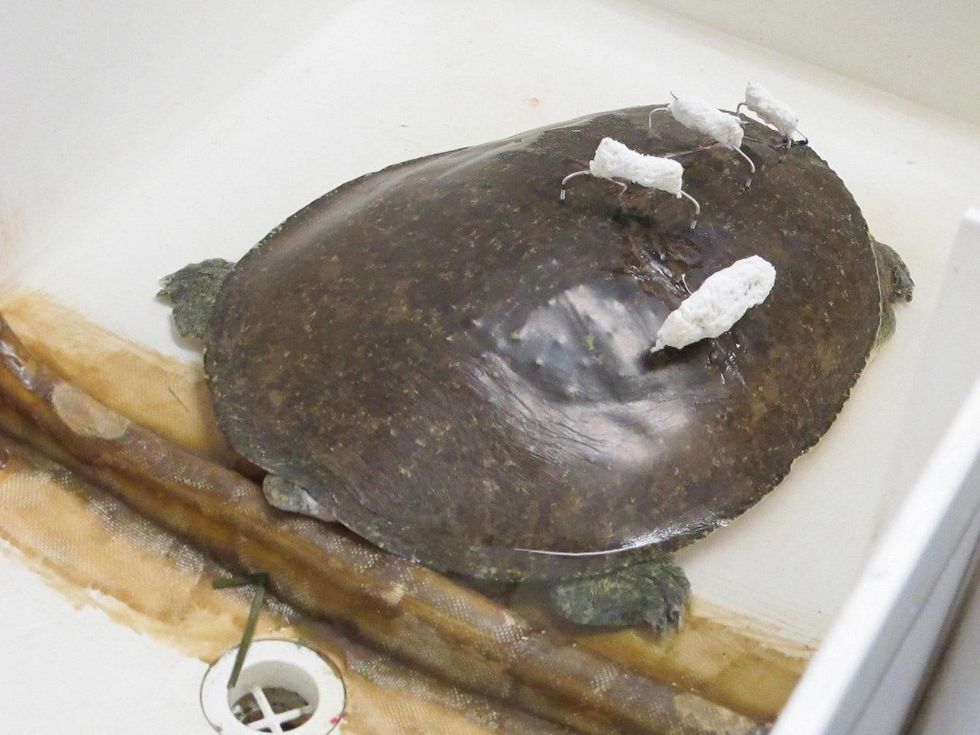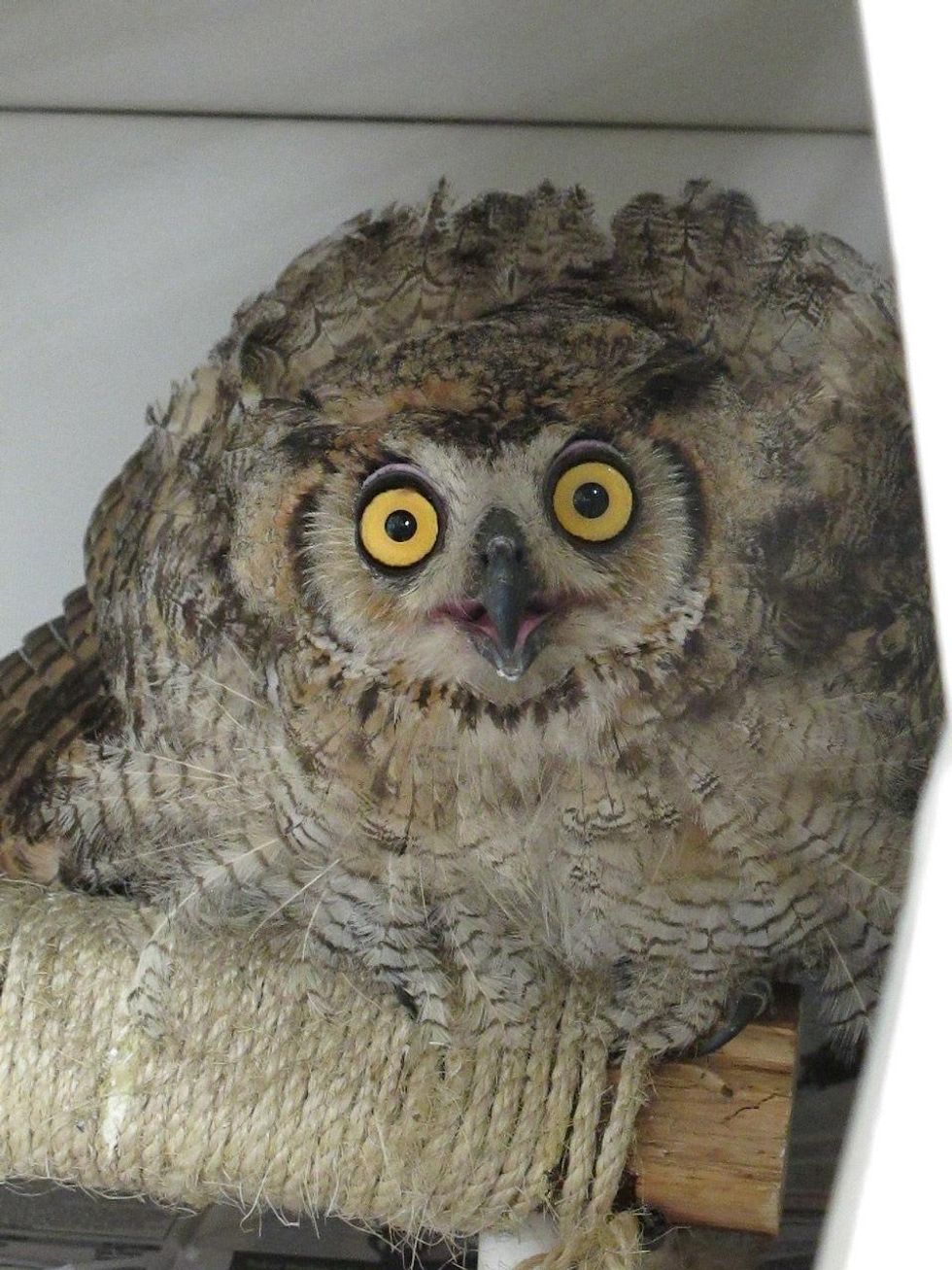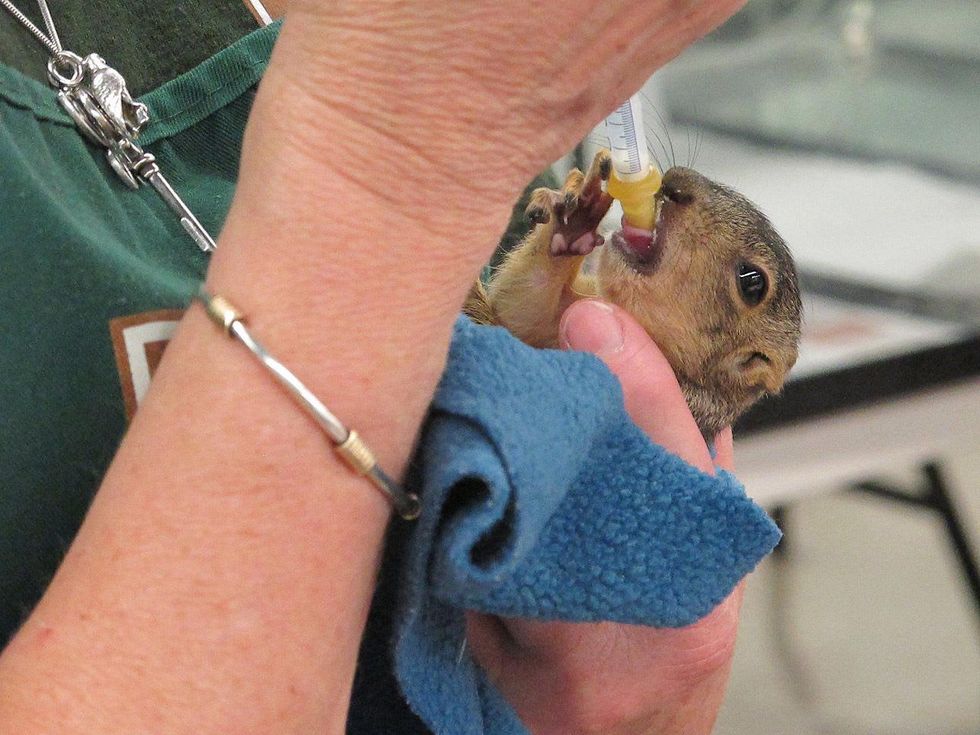Tattered Jeans
Saving all critters: Underrated Houston wildlife center keeps answering the call
I love the Wildlife Center of Texas. Let me count the ways.
They’re inclusive. Here’s some of what you hear on the center's answering machine message:
Welcome to the Wildlife Center of Texas. . . .If you have an injured, orphaned, sick, or oiled wild animal, we are happy to accept it at the Wildlife Center of Texas, and no appointment is necessary for these cases. . . .We cannot accept healthy trapped animals that you wish relocated. . . .If you have reached this message after hours, please place your animal in a box with soft rags in a warm place, and you may bring it to the wildlife center in the morning. Please refer to the Texas Parks and Wildlife website if you need to find a rehabilitator closer to you. . . .Thank you for calling."
They’re respectful. Animals aren’t given names. An Eastern Screech Owl is called an Eastern Screech Owl.
A small plaque leaning against a tree near the entrance says a lot: Welcome All Critters.
“We’re a wildlife care center,” explains Margaret, who’s worked at the Houston center on Katy Road for 28 years. “We want people to know their correct name.”
They’re dedicated. All. From the executive director, Sharon Schmalz, who has worked there for 30 years to the veterinarians to the students of veterinary medicine to the 500 volunteers who help run the Wildlife Center of Texas.
Their shared belief is an everyday action. It’s something you see, hear and feel throughout the center. Sharon described it in three sentences: “Respect for wildlife. Respect for the environment. Respect for each other.”
The Wildlife Center takes in all injured and orphaned native Texas animals. Opossums, songbirds, shorebirds, hawks, owls, squirrels, rabbits, deer, beavers, raccoon and turtles to name a few. Animals that cannot be returned to the wild become Educational Ambassadors. The center teaches visiting schools and various groups how to peacefully co-exist with wildlife.
Injuries are caused by, among other reasons, gun shot wounds, habitat destruction and drought.
Sharon encourages people to visit their website to find out where to bring wildlife. The sooner animals are brought to the center the better chance they have of surviving.
A subsidiary of the Houston SPCA, the Wildlife Center of Texas is a non-profit organization. They receive no funding from the state or the government so all of their support comes from the public. They hold two fundraisers each year — one in the fall and a golf tournament in the spring — but like all non-profits they can always use more donations. Last year the center treated over 9,000 animals, but this year it will be closer to 10,000.
A small plaque leaning against a tree near the entrance says a lot: Welcome All Critters
The front of their newsletter says it all:
A Place to Grow
A Place to Heal
A Place to be Wild
